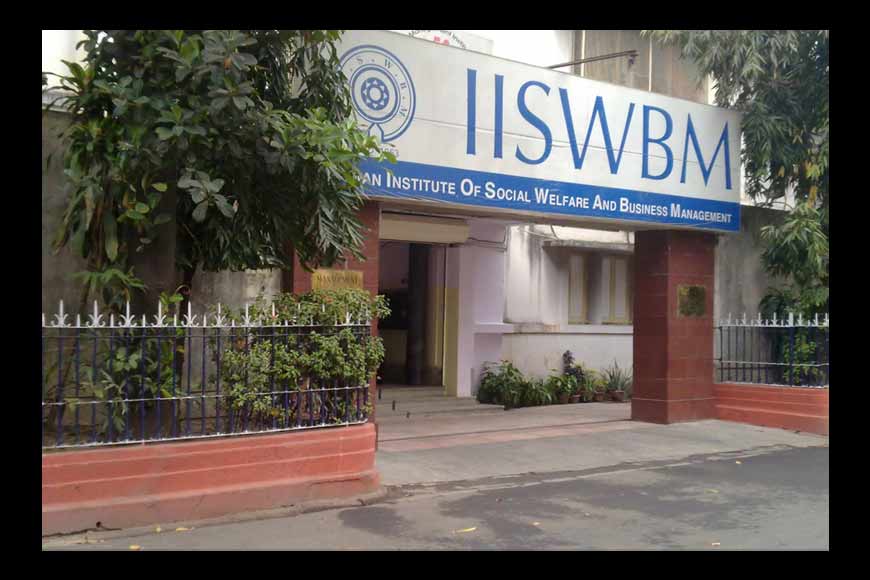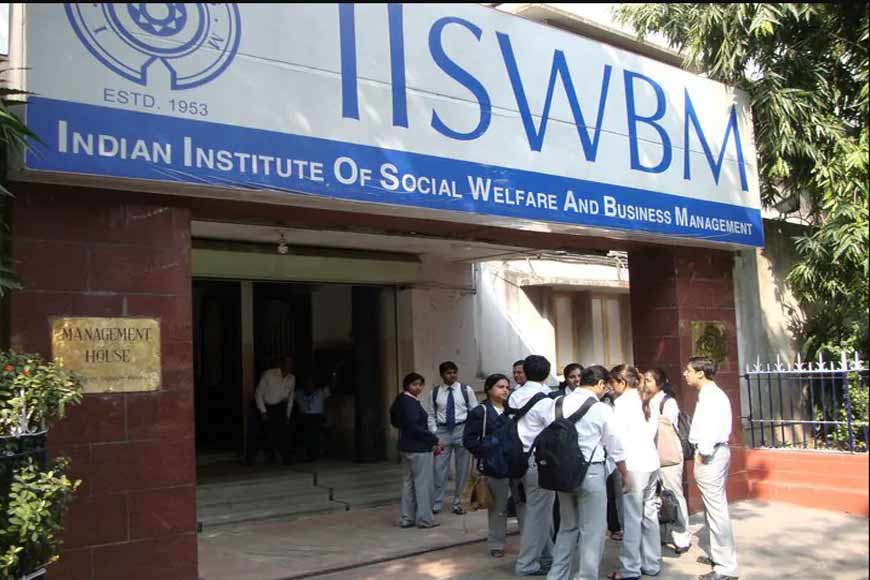The first sports management course in India started in Bengal – GetBengal story

India has turned its focus and resources to sports, sports academies, sports management courses, and generally excelling at sports. With several of our athletes winning big in chess, swimming, gymnastics, boxing, weightlifting, and many more at international competitions, India has gained a reputation. Success stories from Punjab, Haryana, and Chandigarh are common, and although Bengal hasn’t produced many internationally known athletes, sports have been an integral part of Bengal’s culture. Football isn’t the only sport that has captured Bengal's attention; there are other games that have also shaped Bengal’s love for sports. Decades ago, Bengalis took up sports professionally, at a time when pursuing a sports career was never a serious career option.
The mindset has changed considerably today, with increasing investments in sports on the rise because of the IPL cricket league and athletes who have won gold at the Olympics. Career opportunities and academic courses catering exclusively to sports have increased. Kolkata introduced the first diploma in sports management at IISWBM.
Ashok Dutta, director of IISWBM; Rajiv Mukherjee, a famous cricketer from Bengal; and professor Pradip Dasgupta, who is the former secretary-general of the Bengal Chamber of Commerce and Industry, were the founding fathers of the course. Inaugurated in 2003, the basic criteria to join the course was to be a graduate, but Pradip Dasgupta and a few others decided to review the students before accepting them.
However, two or three months into the course, Rajiv Mukherjee fell ill and could not continue. With Rajiv Mukherjee gone, it was Pradip Dasgupta who took the lead. In March 2003, Subrata Dutta joined IISWBM as a professor, and Madhab Milan Ghosh was recruited as a visiting lecturer to take classes on cricket. He currently holds the position of Head of Department of Sports Management at IISBWM.
Many changes have taken place over the years. Pradip Dasgupta and Subrata Dutta have carried the course forward. Subrata Dutta managed student placement and the majority of the recruitment of professors and lecturers as well. “I contacted and invited people like Jagmohan Dalmiya to become advisors to the course,” he explains. “Some other advisors to the course included K.P. Sindh Deu, then minister of the Information and Broadcasting Department; Shekhar Das, Governor of Chattisgarh; Anil Khanna,President of the All India Tennis Association; Murad Ali Khan, an international rifle shooter; Vece Paes, an Olympian in hockey; and many others. They became members of the advisory committee for sports management at IISWBM, and the course took off,” he added.

Pradip Dasgupta says, "Initially, there were many obstacles; people did not believe this course would yield much profit; however, due to Tarun Dutta's support, after a few years, the course found its grounding, and students started pouring in. Students came not only from Bengal but all over India,” he added. In addition to this, a committee of people comprising Pradip Dasgupta, Ashok Dutta, Subrata Dutta, Sushmita Ray, and others sat down to design the course. The goal was to expand the course and make it as comprehensive as possible.
Vijay Bharadwaj was one of the few students in the first batch of IISWBM in 2003. He worked there for four years, and at the time, there were not many books or study materials available that a student could consult. “During our time, we had only 9 papers, and currently, the course has around 80 papers. Thanks to Subrata sir, most of us got placed well,” Bharadwaj said. Indeed, students were placed at BCCI, ICC, and AIFF.
Ankan Banerjee, a student of the sports management batch of 2006–2007 and now assistant professor and academic coordinator for sports management at IISWBM, explains more about the employment aspect of it. “This course started because of Subrata Dutta. Not everyone knows about sports management. In those days, sport wasn't considered to be a serious occupation, and the introduction of this course was an attempt to make sports a serious endeavour. The starting salary for sports management is low, in the bracket of 25k to 30k, but if one can endure it, in a few years, it increases dramatically. The course has changed over the years and has become much more comprehensive now with wider placement options.”
IISWBM was affiliated with Calcutta University when Pradip Dasgupta was the head of the department in 2010. It reached greater heights under Madhab Milan Ghosh, who completed his PhD in sports management from Calcutta University. Becoming perhaps the first person in India to have a doctorate in sports management. Madhab Milan Ghosh is the current head of department, and under his leadership, the course is set to introduce CBCS, which will change the composition of subjects. “The aim is to make sure students have a choice in different subjects,” Ankan Banerjee explained.










